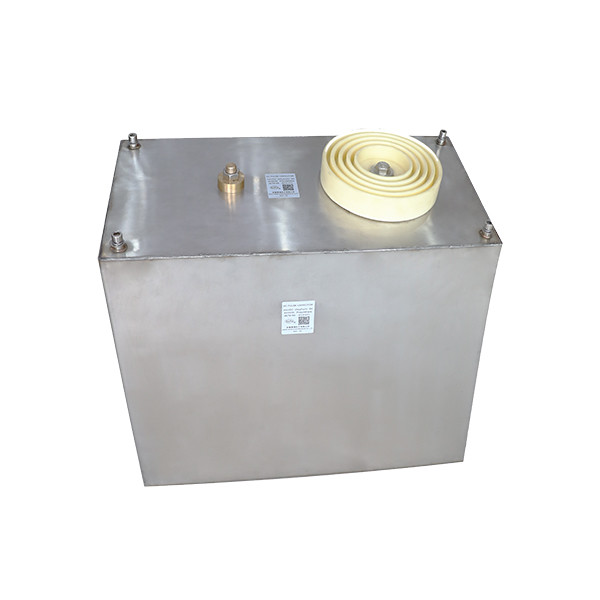Variable Capacitors: A Comprehensive Guide
Introduction:
In the realm of electronic components, variable capacitors play a crucial role in countles Passive component manufacturers s applications. These adjustable devices find extensive use in various industries and are essential for delivering optimal performance. This article aims to shed light on variable capacitors by exploring their manufacturing processes, features, advantages, usage methods, how to choose the right product, and concluding remarks.
Manufacturing Process:
Variable capacitors are engineered utilizing soph

isticated techniques by experienced electromechanical component suppliers and passive component manufacturers. The process involves intricate micro-fabrication methodologies to achieve high levels of precision. Advanced technologies such as thin film deposition, laser etching or trimming, and additive manufacturing enable precise control over capacitance values throughout the entire range. Manufacturers also integrate innovative design principles that ensure reliable electrical connection Adjustable capacitor s while maintaining mechanical stability.
Features:
Adjustable Capacitor: Variable capacitors encompass a wide range of capacitance values that can be adjusted within specific limits according to application requirements. This feature offers flexibility in fine-tuning system parameters during circuit design or troubleshooting activities.
Selectable Capacitance Element: The ability to sel Changeable capacitor ect specific capacitance elements within a variable capacitor grants engineers even more control over electrical characteristics. By combining several different elements into one package, these components provide versatility for designing optimized circuits with unique frequency responses.
Changeable Capacitor: Variable capacitors offer the advantage of easy adaptability when circuit modifications or upgrades are ne Electromechanical component suppliers cessary. Rather than replacing fixed-value counterparts entirely, changeable capacitors allow technicians to make adjustments without significant disruption or costly redesigns.
Advantages:
Precise Circuit Tuning: With variable capacitors’ availability in multiple capacitance ranges and adjustment capabilities through various means (rotary dials/pots), achieving precise tuning becomes effortless during prototyping or adjusting resonant frequencies post-production.
Increased Design Flexibility: The incorporation of variable capacitors adds an additional parameter that allows designers greater freedom when optimizing circuit performance across different operational conditions.
Cost-Effective Solution: Variable capacitors of timer chip fer a cost-effective solution in scenarios where multiple fixed-value capacitors w Selectable capacitance element ould otherwise be required. By consolidating several capacitance values into one component, manufacturers can reduce overall production costs and simplify inventory management processes.
Usage Methods:
Variable capacitors find applications ranging from radio frequency devices to audio equipment and precision instruments. They are extensively used for signal conditioning, filtering, tuning oscillators, impedance matching circuits, and voltage-controlled oscillators (VCOs). The adjustable nature of these compon variable capacitor ents makes them ideal for fine-tuning resonant circuits like those found in tuners or filters.
How to Choose the Right Product:
When selecting a variable capacitor suitable for specific applications, several factors need consideration. Firstly, it is crucial to identify the required capacitance ra variable capacitor nge that aligns with system requirements. Also, understanding the desired tolerance levels helps ensure overall circuit stability under varying environmental conditions. Practical considerations such as physical dimensions and mounting requirements should also be accounted for during product selection.
Conclusion:
Variable capacitors are invaluable components when it comes to achieving optimal circuit performance in numerous electronic systems across diverse industries. Their adjustable nature empowers engineers with precise control over electrical characteristics while providing increased design flexibility at an affordable cost. With careful consideration of application-specific parameters during product selection, electromechanical designers can harness variable capacitor the full potential of variable capacitors to enhance their designs’ efficiency and functionality.
